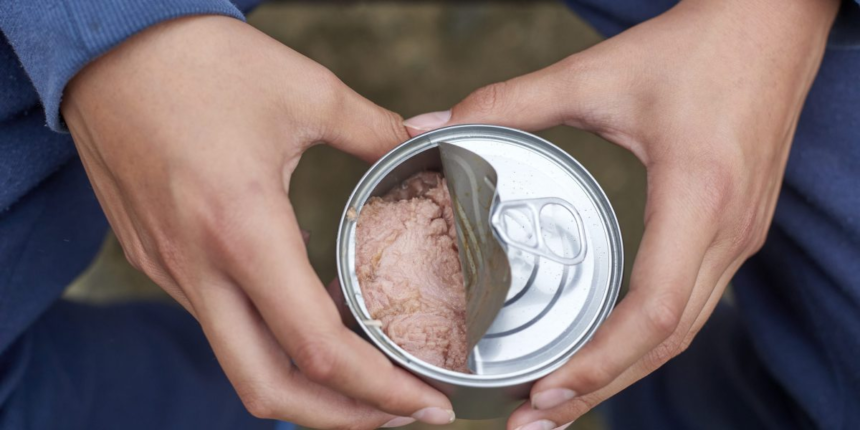“All you have to worry about is, don’t eat high mercury fish several times a week,” food scientist Abbey Thiel tells Fortune.
High levels of mercury exposure can harm the brain, heart, kidneys, lungs, and immune system of people of all ages—but it is considered the greatest threat to infants in the womb, whose brain and nervous system development is at risk, and children, who could face worsened cognitive thinking, memory, attention, language, fine motor skills, and visual spatial skills.
Fish are the primary food source of mercury, Thiel says, and thankfully, there are only a handful of culprits to keep track of.
Those include:
They have the highest levels because mercury bioaccumulates in their bodies from eating smaller fish that already have mercury in their systems as well.
“Sometimes they eat hundreds of these other fish in one gulp,” Thiel says. When mercury enters a fish’s body, Thiel explains, it binds to their muscles and proteins and remains in their body, continuing to build up as that fish consumes other fish with mercury. “When we eat those proteins, then we now have it in our body, and it can bind to our different proteins and muscles,” she adds.
For the predatory fish known to be highest in mercury, Stoiber recommends eating them “very infrequently or not at all.”
And for adults:
“Mercury messes up how the brain will develop,” Thiel says. “Young kids should be very careful, and pregnant mothers and nursing mothers.”
Smaller, non-predatory fish are your best bet to reap the nutritional benefits of seafood and avoid too much mercury, experts say.
“These little fish, they just don’t eat the amount that a large predator fish does,” Thiel says. “Yes they do have mercury, but it’s such a considerably lower amount than other fish.”
When eating those fish, “You could have 2-3 servings of fish [per week] and not even worry,” Thiel says.
The omega-3s in fish like salmon could be doing heavy lifting to combat the negative effects of mercury, Stoiber adds. “If you’re eating fish higher in omega-3s, the omega-3s act protectively—that is actually really good for brain development,” she says.
“Eating lower mercury is ideal,” Stoiber says. “That combination of lower mercury plus omega-3s is where you get the most benefit.”
For more on toxins:









